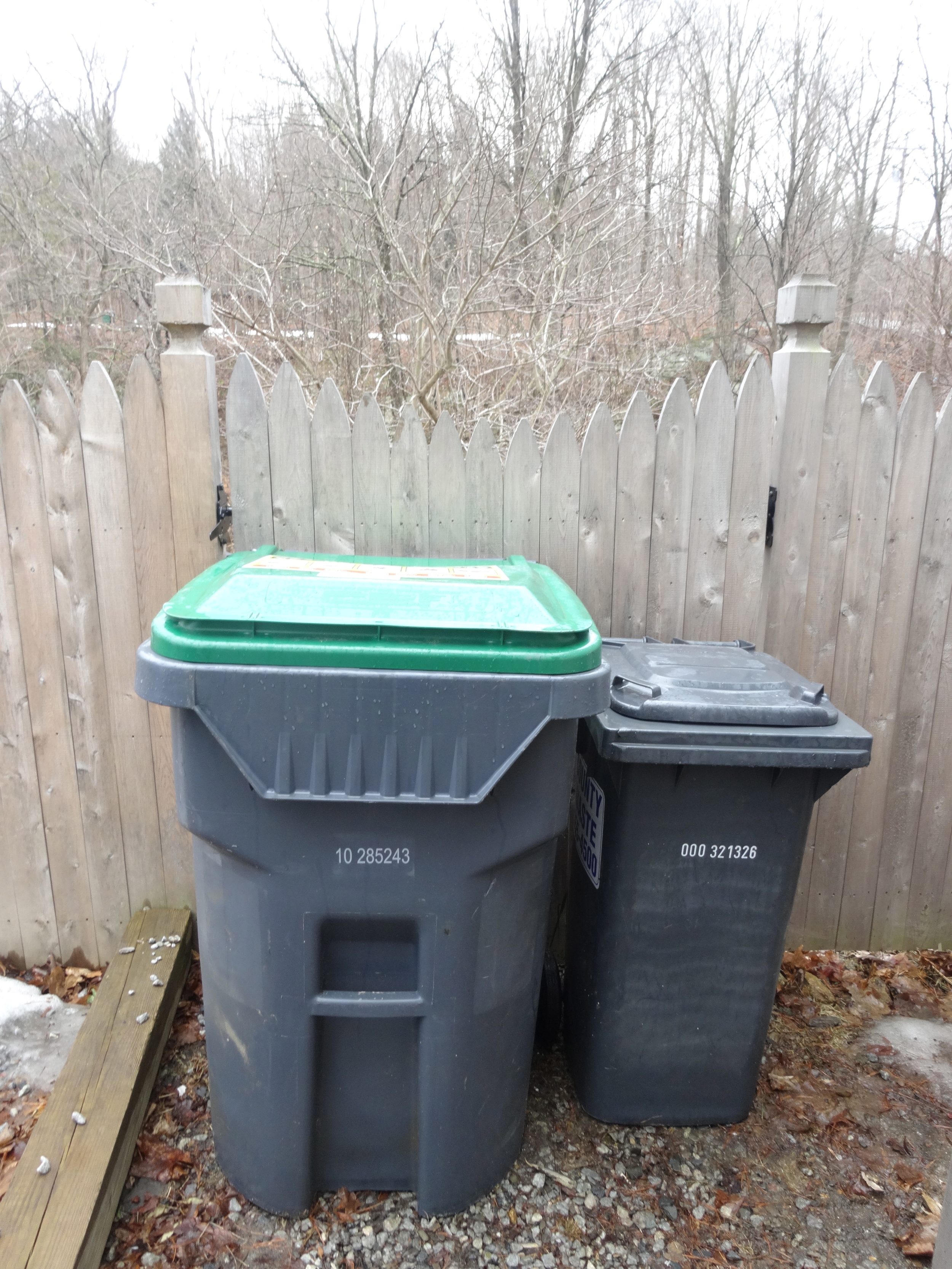How preposterous of me to tell you so? Not. Surprisingly, this is a huge environmental issue that goes way beyond the potentially ethical question of killing (they call it harvesting now, to make it sound more harmless) a living being and eating it. Don't get me wrong, I'm not a vegetarian. However, in the Western industrialized world meat consumption has skyrocketed from eating meat once a week or so to just under 200lbs/person/year in the US since the advent of cheap meat! This enormous meat consumption in combination with the rise in world population and the increasing numbers of people able to afford the cheap meat has become a recipe for disaster.
The environmental calamity arises from "cheap" and "too much." Why? Because the CAFOs (concentrated animal feeding operations) that these poor animals are raised in are among the biggest greenhouse gas emitters on this planet - generating about 18% (!!!) of greenhouse gases. In addition, the huge amounts of animal waste leach antibiotics into our ground water. And to top it off, the conditions under which these sorry souls are being raised, then killed and processed are so horrendous that it is literally unbelievable (read Jonathan Safran Foer because you must know).
There is nothing necessarily wrong with eating meat per se. As a matter of fact, especially during childhood and adolescence animal protein helps to grow the brain. But like with anything balance is the key and industrialized nations have become meat addicted. Food researcher and author Marion Nestlé has advocated eating meat in condiment quantities.
How can we help? First and foremost by resisting to buy cheap supermarket meat, which comes from CAFOs. Instead, buy your meat at or from a local farm where the animals have been raised sustainably. Yes, it will cost more. But we ought to consume much less of it!
It's in the quality, not the quantity.
You may also want to revisit a series of three posts on meat eating.









